If you’ve owned certain continental brands that require parts replacement, you may have been given the sorry-no-stock answer from authorized service centres (SC). If you’re lucky, the SC have parts in-house and the repair can be carried out immediately (assuming they have sufficient manpower and service bays). If you’re a little less lucky, the parts comes from overseas and delivery of parts may take anywhere from 24-hours to a month. Then there are those that wait for months and everytime when they check with the SC, they’re still waiting for parts to arrive. Makes you wonder sometimes why some international automotive brand that has a distribution network that spans many countries can have no parts, eh?
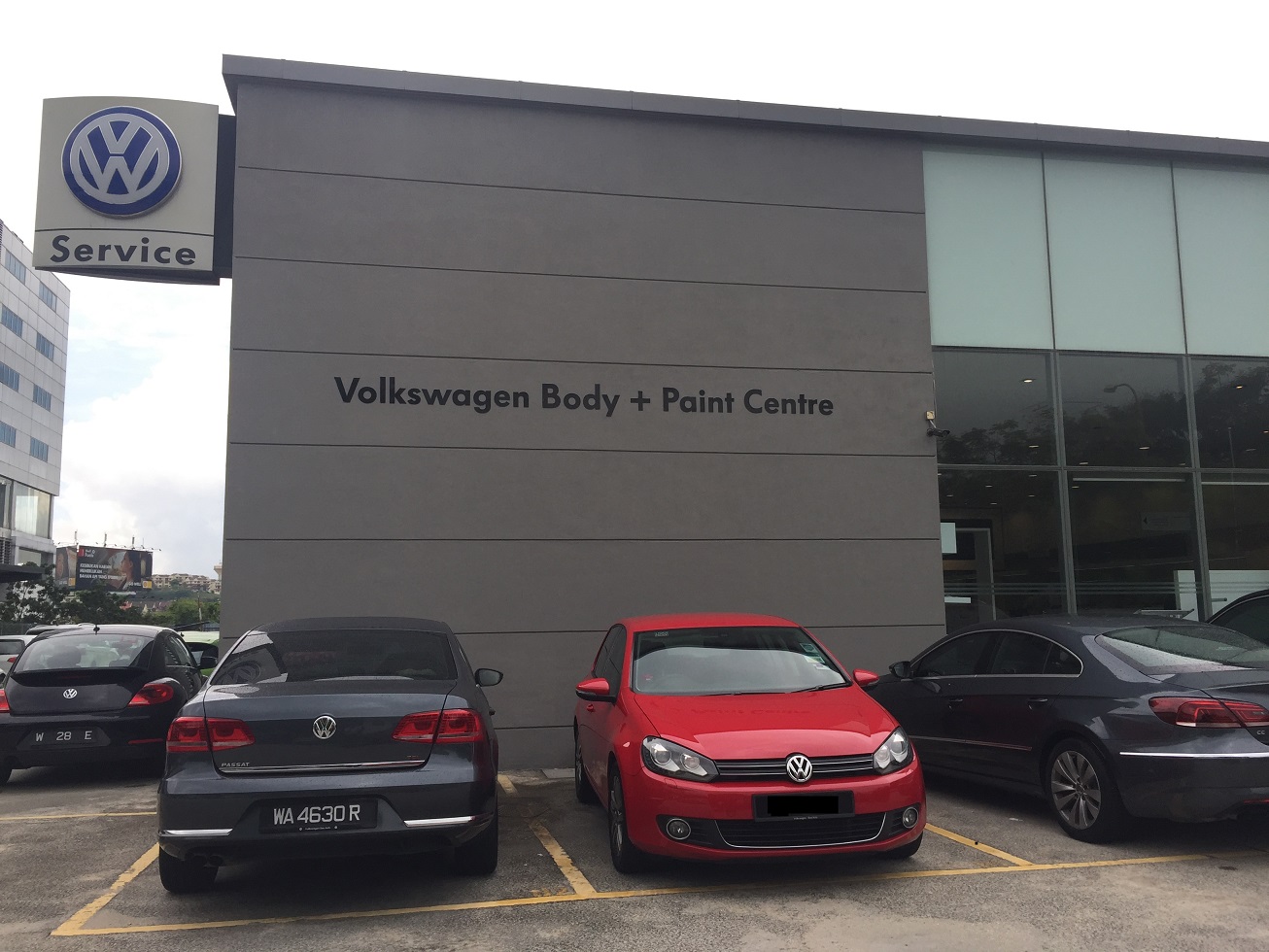
Recently I decided to bring my Golf back to an authorized SC to get engine mounting and wheel bearings changed. These are wear-and-tear items and frankly, for them to last 6-years before requiring a change is more than reasonable. Previous Asian made vehicles I drove lasted between 3-4 years only so I’m quite happy to have this set replaced.
When I was told the parts are “out-of-stock” (OOS), combined with “need to order from Singapore”and a time frame of “4 – 5 working days required”, I was dismayed. I’ve not heard this answer in a long time because I won’t encounter this answer if I did this outside as third party non-authorized SCs would almost surely carry these wear & tear stocks.
To be fair, this isn’t an urgent repair and I did not make any prior appointment before coming in so it’s possible that my repairs could not be done under such short notice. It’s still vexing when I wonder how is it possible that there is no stock in the entire country for wear-&-tear items? I did some checking and discovered that OOS situations are quite common especially among continental brands so it’s not just Volkswagen that suffers from this.
But…
Who’s truly to be blamed for making the customer wait? Had this been a critical failure and happened on the sole vehicle of a family, can you empathize how inconvenient it is for the entire household when there is no car to use? These are some of the issues that caused the Malaysian public to lose faith in the brand, resulting VW taking some drastic actions to fix their image, including revamping its sales distribution management by bringing in Porsche Holdings Salzburg and forming Volkswagen Passenger Cars Malaysia (VPCM)
Regardless, OOS scenarios are not unique to VW only and it hurts customer confidence when it happens. On the surface, it seems very simple; someone forgot to place an order and when they got around doing it, your car may be lying in the yard for a good couple of weeks.

The reality is it’s far from a simple ordered-my-curry-mee-but-hawker-forgot-to-make kind scenario. Cost-benefit analysis, logistic complications, even Act of Gods can affect OOS.
Assuming none of those occur, here’s why stocks can take so long to arrive and what can you do to avoid being screwed by the dealer
Note: Although I share my personal experience encountering an OOS in a VW centre, the scenarios described in this article could apply to ANY SC of ANY brand.
Types of parts order
Generally divided into two;-
- Regular Indent Orders
- Vehicle Off Road (VOR) which also means emergency order
Generally, Indent Orders take a couple of days and if certain quantities (in value, parts or a combination of both) are achieved, the dealer may qualify for certain parts discount. This reduces their inventory cost.
VOR orders are treated with utmost urgency and are generally flown in and gets delivered within 24-hours of order placement. Companies like VPCM gives the assurance that any orders made before 2pm is guaranteed to arrive the next day and orders done after 2pm will see the part two days later. Since it’s by air (and if limited quantity), the cost of delivery is much higher and reduces the profit margin of the SC.
From this, you can understand that it is in the best interest for the dealer to place Indent Orders instead of VORs. Remember one golden rule;
Dealers focus on profits first, selling cars second. Principals focus on selling cars first, profits second
Every after sales front liner, from the service manager to the technicians answer to their boss and that boss isn’t the principal. They have an obligation to protect the interests of the company the work in first and among that interest is profits.
Having a discount incentive on parts means there is a conflict of interest between the company’s drive vs the customer’s convenience. It makes a lot more sense (to the dealer) to delay ordering and combine their orders into one Indent Order (thereby ensuring maximum profits) instead of a few VOR orders. And this is where some tai-chi skills is needed to placate the customer.
“Ordered already, still waiting for them to come back to us”
“I also donno why principal taking so long to come back to us”
“No stock la, have to order all the way from Germany. You wait lah”
In reality, the dealer may just be sitting on the order and hoping to make the minimum Indent Order. Your car can sit at the parking lot and collect leaves for all they care.
No Money No Honey
Similar to running a petrol station, transactions are done under COD or within a very short credit term with bank guarantees. Those who doesn’t have sufficient cash to pay or has exceeded the credit terms would have difficulty in securing stocks, be it new vehicles or parts. You can be sure that they won’t reveal the truth to the customers so again, the blame it on the principal for not keeping stock.
Now before you lay the blame on the SC, you need to understand that to open a car dealership, it’s a prerequisite to establish a 3S centre. Depending on
- Location (setting up in Balakong is obviously cheaper than in Bangsar)
- Number of facilities (ie service bays)
- Brand requirements (ie special tools, certified diagnostic tools, minimum stock keeping, facility size, etc)
the cost of setting up such a centre could run into the millions. This is not a charity and if it was your money in the line, you’d think of ways to recoup the investment as quickly as possible. If the owner runs out of money halfway through (ie not enough new vehicle sales), it’s difficult for some to maintain such harsh payment terms. Principals cannot extend credit line otherwise it becomes very easy for debts to go into millions so the SC is stuck.
Quota Full
Every SC is required to carry a certain amount of stocks and they usually have a limit of how much inventory they can carry. Let’s say the stock limit is RM100,000 but some intern makes a mistake in ordering RM60k worth of less popular items and screw up its inventory management, they have a lot less free hand in making fresh orders.
Well, why not just write off or sell those slow moving parts at a discount to free up (accounting) space? Because it is possible that the person responsible for the screw up is still there holding a high position and he doesn’t want to take the unpopular move of telling the boss we need to lose some money here. So everything gets swept under the carpet, hidden away from management view and it’s business as usual.
Sorry, but we really no stock
There is also the very real possibility of the principal themselves experience OOS. One could think it’s due to poor management of inventory but the nature of technical repairs is that you cannot truly predict them. You can go on for months without using a part and all of a sudden, there’s multiple demands from a few countries asking for the same thing. In that case, the only option is to wait for HQ to send the parts over.
Despite all that, OOS situations should be avoided at all cost because it shows a weakness in the parts ordering system. Worse of is some VORs are signs of a new component failure and if the dealers are lazy or slow in filing reports to order VOR, the principal won’t know what’s going on. Next thing you know, the principal’s Facebook page is flooded with irate customer feedback.
Cannibalize stocks
It’s very rare but under extreme circumstances, a repair can be carried out by taking parts off CKD inventory if the vehicle is CKD. The local factory may have parts meant to assembly and it could be relinquished to the SC but such a process is highly troublesome and messy due to requisition paperwork, taxation and inventory management. Do not expect the dealership to do this often as this isn’t part of the regular process of repair.
If the part is removed from a complete new vehicle, the labor involved in removing said part, risk of additional damage to the new stock which includes scratches are all borne by the dealership. These extreme cases happen only when the customer is so pissed at the dealership, there are no alternative transport for him/her and the dealership acknowledge they could have managed the situation better.
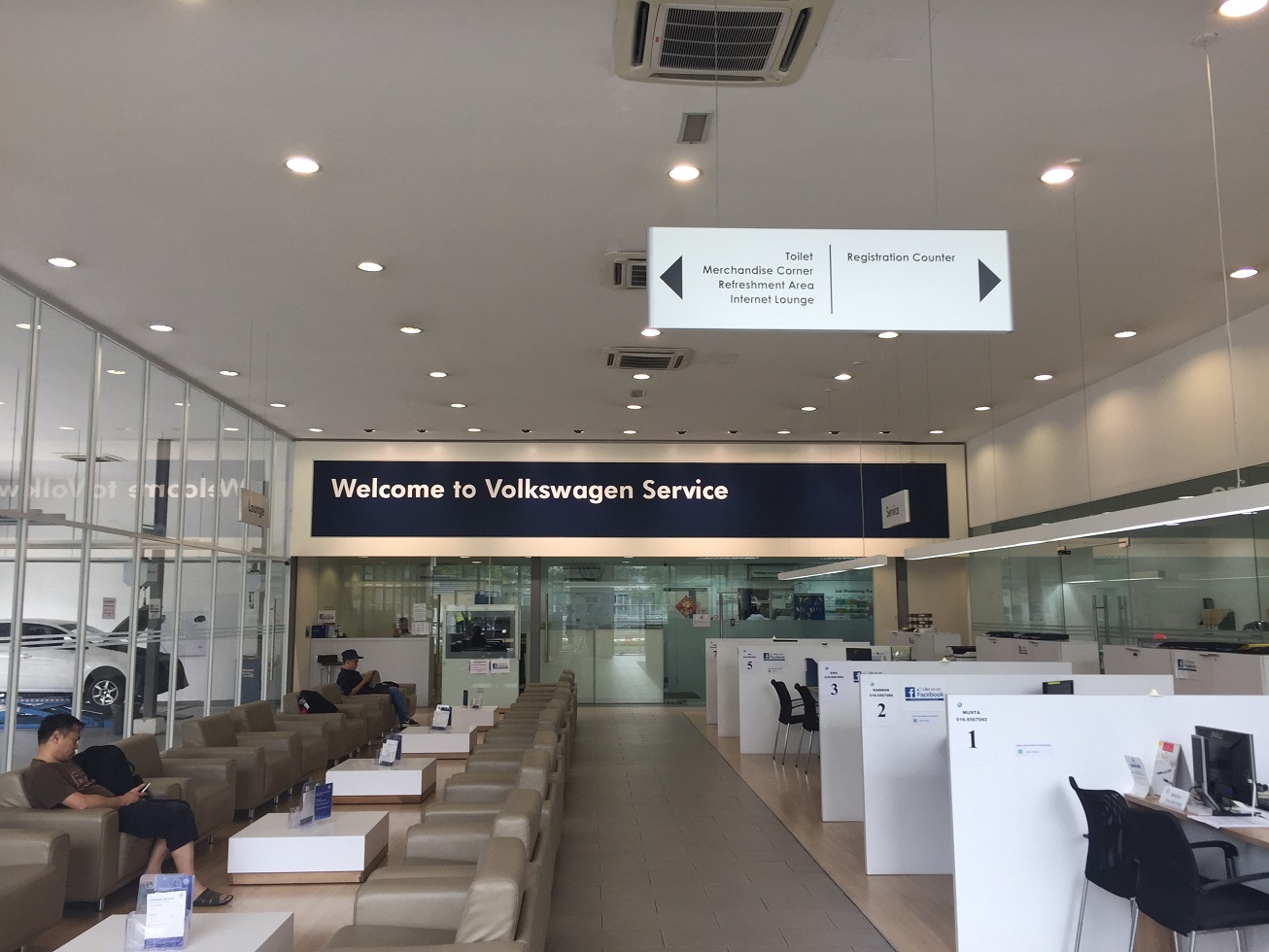
So how do I know if the dealer ordered the part?
Follow these easy steps:-
- Take note of the brand’s careline or hot line.
- State your complaint and ask them for case number or them to email their action plan to you.
- Be sure to take note of the name of the person-in-charge (PIC) handling your complaint, date and time of your call.
- Email the PIC handling your case or their general customer service email line and insist on receiving a ‘chronology of events’ pertaining to your case.
- Ask for critical information such as when the Job Opened? What and when was the problem diagnose? When was the parts order placed so that the elapsed time can be checked. Also ask if the parts ordered are in stock in the country or not (if you do not trust the dealership’s claims)?
Information is the key in dealing with dealerships.
Ultimately, both dealer and principal must maintain an open and honest communication with each other. Both must understand each other’s needs and realise everyone is in the same boat. The customer don’t care of your internal woes. I couldn’t give a hoot about your logistic arrangements. The point is, there is no stock, I have to pay more compared to getting it fixed outside and I have to wait.
And I’m extremely fussy about this topic because I had a negative experience with my first VW SC; The dealer lied to me about no parts when VGM confirmed they had parts.
You now know more about the tricks some dealers play so be a little smarter when conducting business with them, regardless if your car is under warranty or not. When you do have a dialogue with them, please maintain;-
- A calm head
- Remember they’re human too with mouths to feed at home
- A rationally decorum
- Be firm but no need to be nasty
My opinion is no customer should be made waiting – at least not if you truly want to develop fans of your brand.
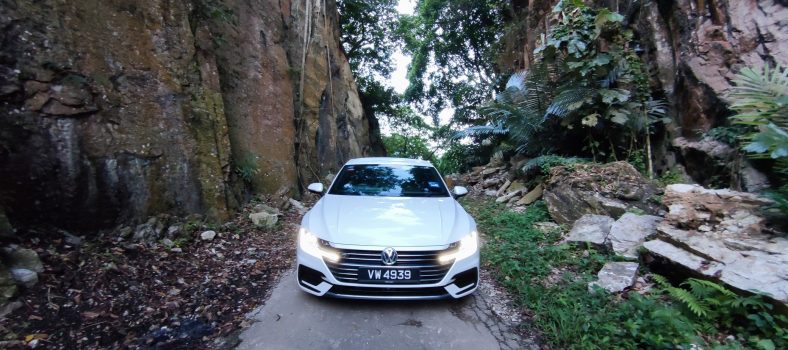

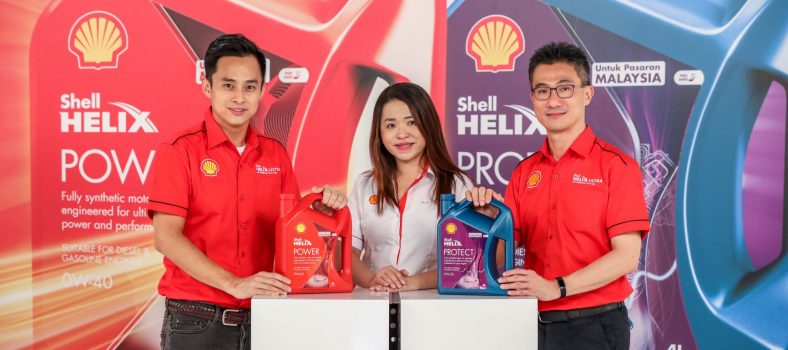
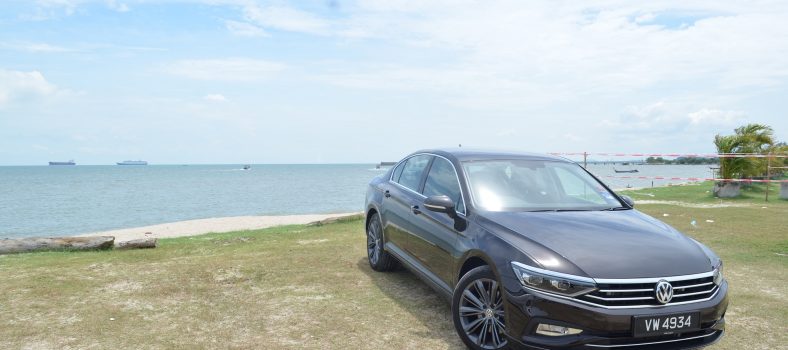
No Comment